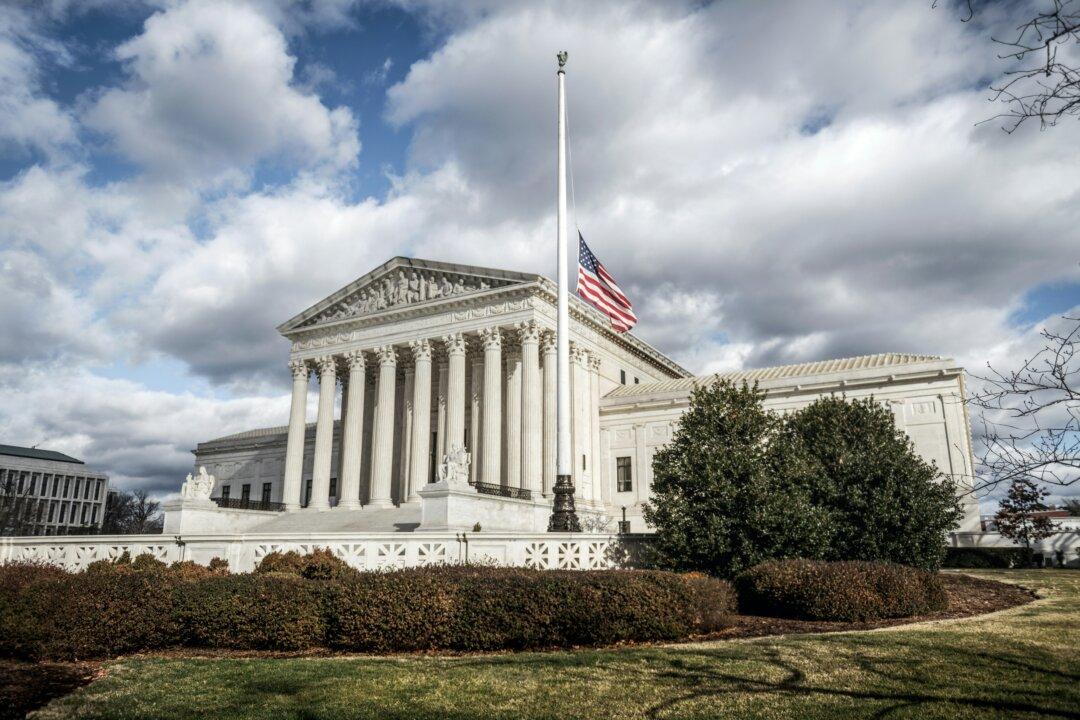Commentary
It was last spring when the Supreme Court heard arguments on free speech and social media censorship. The details are less important than what the scene at the court revealed about a bigger problem in U.S. life today.

It was last spring when the Supreme Court heard arguments on free speech and social media censorship. The details are less important than what the scene at the court revealed about a bigger problem in U.S. life today.